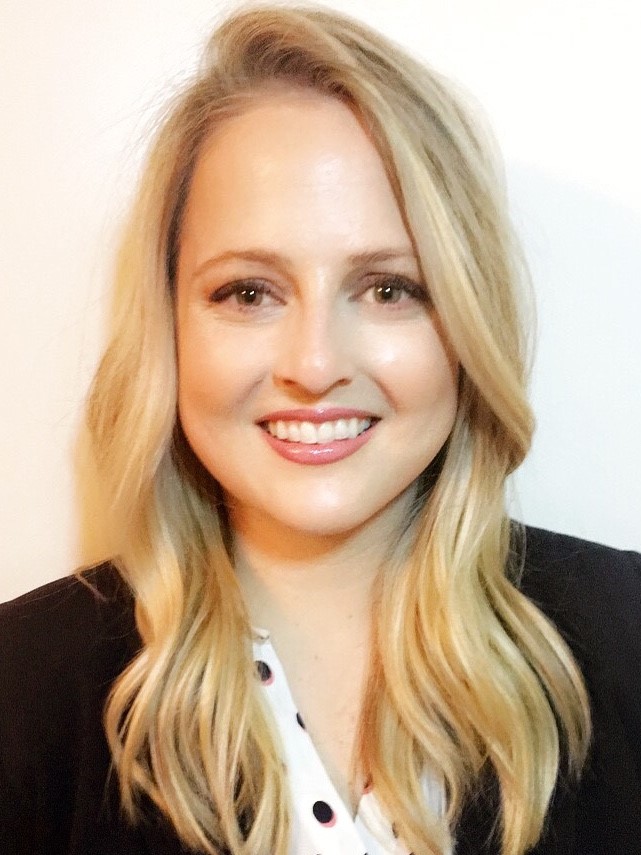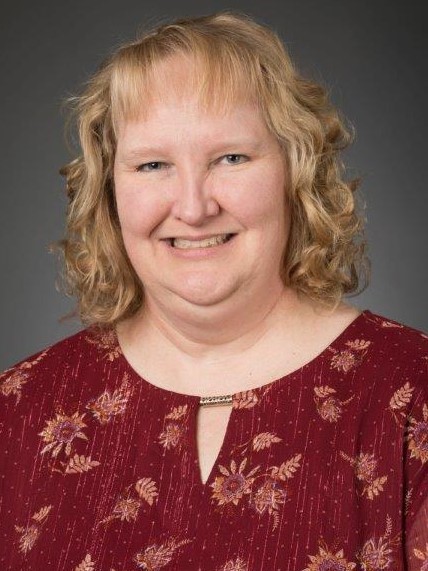Improving Population Health Via DNP Informatics Projects
Webinar Description
Technology and informatics tools are projected to be key in improving health outcomes for populations as well as a means for decreasing health care costs. Critical questions that need answers include, 1. how to best use health information tools or data to identify health care needs, 2. strategies to change health behaviors and manage chronic health conditions, and 3. how to improve health in communities by increasing access to care. Currently, a gap exists between knowledge and application of informatics tools to address the Social Determinants of Health (SDOH) and improve public and population health. To address this gap, AACN created the DNP Informatics Project Awards to support final projects focused on the use of data and data tools to address the SDOH and improve public and population health outcomes. This webinar will present findings from three of the DNP Informatics Project Awards.
This webinar is funded by the Centers for Disease Control and Prevention’s Academic Partnerships to Improve Health.
Objectives
- Describe the role of technology and informatics to address SDOH and improve health outcomes.
- Evaluate learning opportunities for nursing students focused on public and population health, SDOH, and the use of informatics.
- Compare three DNP student experiences with informatics projects focused on improving public and population health.
Speakers
 Erin Floyd, DNP
Erin Floyd, DNPUniversity of Kansas School of Nursing
Dr. Erin Floyd is a graduate of the Doctor of Nursing Practice Program for Family Practice at the University of Kansas. Her career in nursing has spanned almost 7 years. She is currently working with the Cardiothoracic Surgery Intensive Care group at the University of Kansas Health System. Her previous nursing experience was in Medical-Surgical Intensive and Progressive care.
While pursuing her educational goals, Dr. Floyd worked as a Graduate Teaching Assistant in several graduate courses and also taught Bachelor of Nursing Students in the Clinical Learning Lab at the University of Kansas School of Nursing. While in school, Dr. Floyd spent a semester of clinical practicum with underserved populations, which sparked her interest and led her to pursue research in social determinants for underserved populations. As a student, she was an Advanced Nursing Education Workforce Grant recipient, which allowed her to gain clinical exposure to rural healthcare in Kansas.
 Stephanie Hoelscher, MSN
Stephanie Hoelscher, MSNTexas Tech University Sciences Center School of Nursing
Steph Hoelscher MSN, RN-BC, CPHIMS, CHISP is the Chief Clinical Analyst for the Office of Clinical Transformation at Texas Tech University Health Sciences Center’s School of Medicine in Lubbock, Texas. She is a nurse with more than 20 years of experience in trauma, acute care, and ambulatory settings. In 2010, she moved to informatics and assisted in the implementation of an electronic health record (EHR) for a large academic center. To date, she continues to aid in the design and build of EHR applications for two ambulatory systems as well as a large medical center. She has served as a member of the implementation team for development of an EHR within a high-fidelity simulation center, concentrating specifically on obfuscation and de-identification of patient data. Steph is currently a member of the CDC’s Adapting Clinical Guidelines for the Digital Age project. She works with the local SAFER Guides leadership group to improve the safety of the institutional EHR. She is currently serving her second year as the Lubbock HIMSS chapter Vice President of Finance. Recent highlights include testifying at the Public Health Task Force in Washington, DC, regarding Zika and its impact on clinical decision support systems and presenting at the Public Health Informatics conference regarding care of the transgender patient in EHRs.
 Dwayne Hoelscher, MSN
Dwayne Hoelscher, MSNTexas Tech University Sciences Center School of Nursing
Mr. Hoelscher is graduate prepared nurse with 22 years of nursing experience including emergency nursing, critical care nursing, case management, risk management, and the last five years in clinical informatics. Mr. Hoelscher is the primary clinical decision support staff member at his current place of employment. Mr. Hoelscher is the co-chair with CMIO of local rules and alerts committee. He has given multiple presentations focusing on clinical decision support including a podium presentation at HIMSS 2017 (co-presenter) and two poster presentations, one at Texas Tech University Health Sciences Center (co-presenter) and one at ANIA 2016 annual conference (co-presenter). Evaluating usability, reducing alert fatigue, and evaluating documentation burden has been the main foci of this project.
Moderator
 Marisa L. Wilson DNSc FAAN
Marisa L. Wilson DNSc FAANAssociate Professor
Director of the Graduate Leadership Pathway
University of Alabama at Birmingham School of Nursing
Dr. Wilson is an Associate Professor, Specialty Track Coordinator for the MSN Nursing Informatics Program, Director of the Graduate Leadership Pathway at the University of Alabama at Birmingham School of Nursing. She is a core faculty member in the Doctor of Nursing Practice (DNP) program teaching informatics for quality, safety, and the transformation of care. She is actively involved in the nursing informatics leadership for the American Academy of Nursing, AMIA, and HIMSS/TIGER. In addition to being a Board Member of CAHIIM, she is also on the leadership committee of MedBiquitous. Dr. Wilson is a workgroup member for the revision of the ANA Scope and Standards of Nursing Informatics Practice and the AACN Essentials revisions.
Pricing and CE Credit
This webinar is free and open to everyone including non-members, communities of interest, practice representatives, and AACN member schools including deans, faculty, staff, and students.
Continuing Education Credits:

Eligible attendees may receive one continuing nursing education (CNE) contact hour for participating in this webinar. The American Association of Colleges of Nursing (AACN) is an accredited CNE-provider by the American Nurses Credentialing Center’s Commission on Accreditation.
